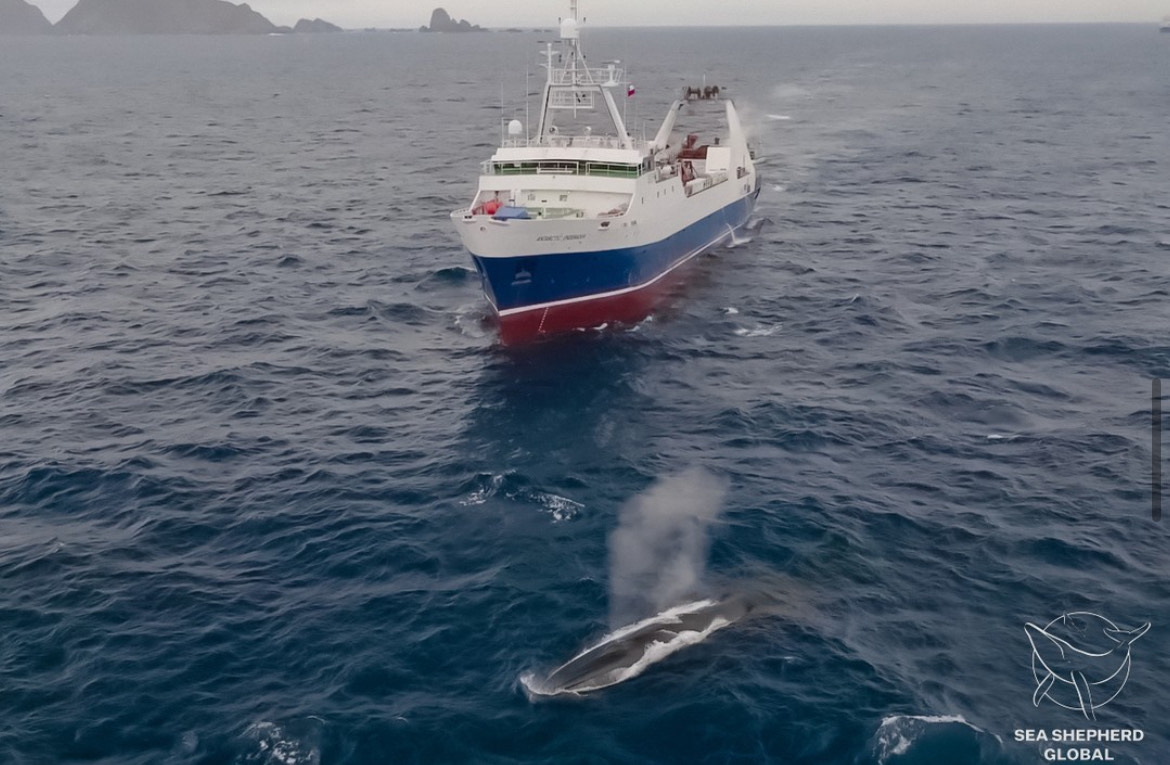
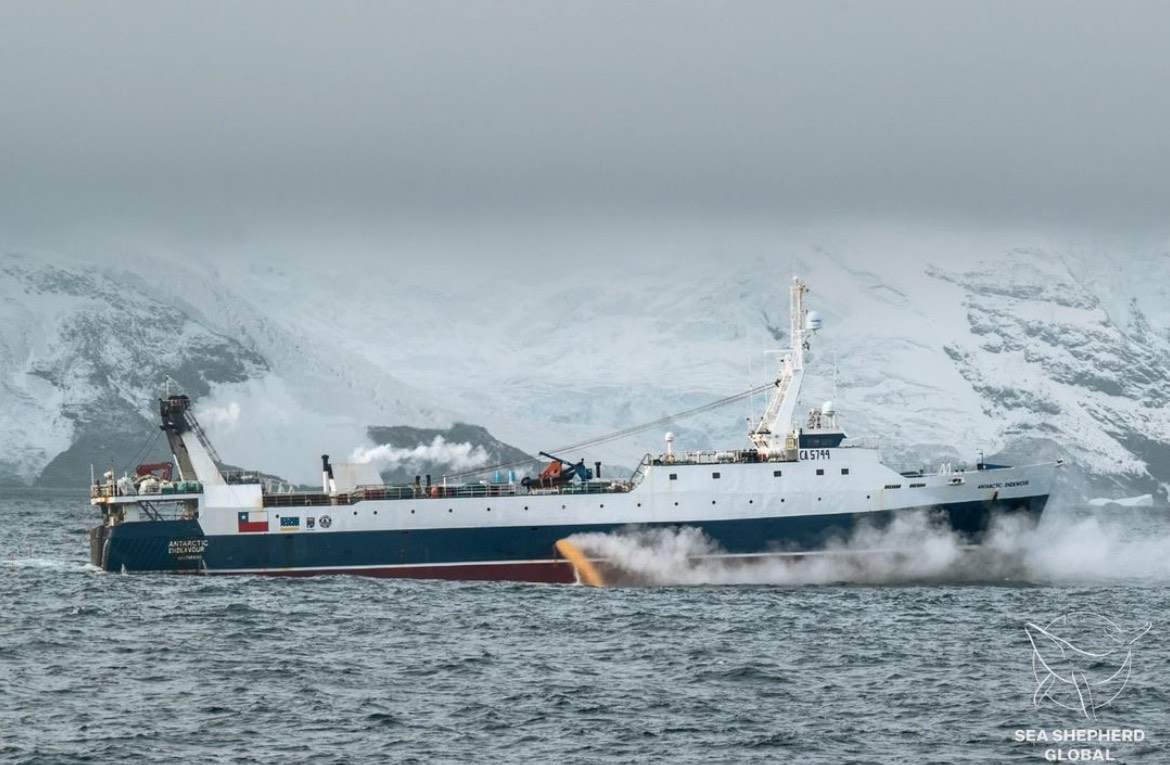
Unregulated Trawling. Images Courtesy of Sea Shepherd Global.

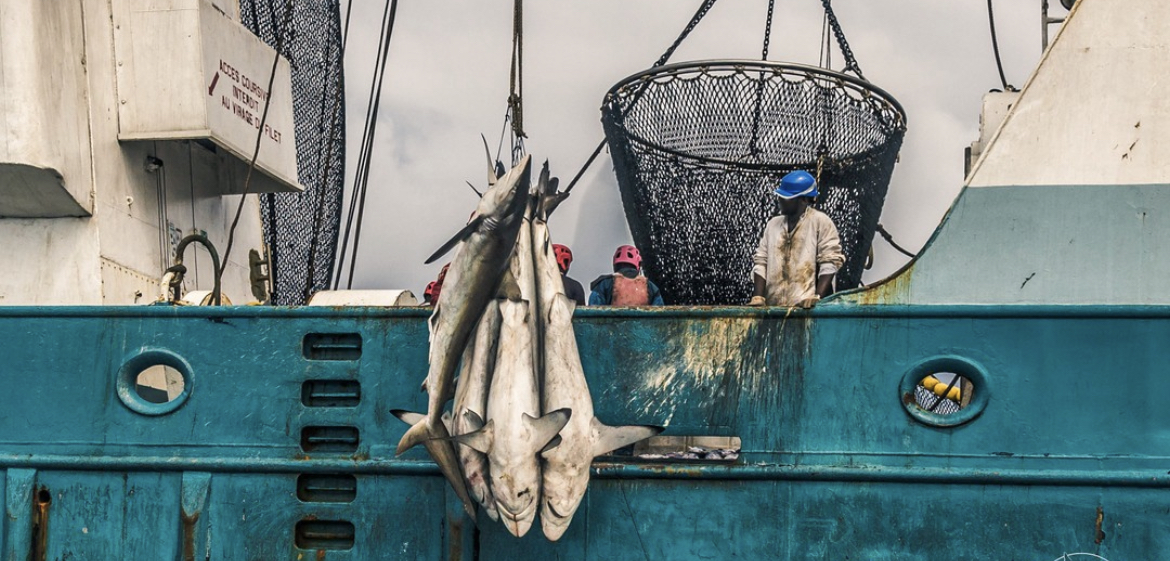
Image Courtesy of Sea Shepherd Global
Recently, products generated "sustainably" have increased in popularity. However, consumers partake in minimal research about the companies: allowing them to take shortcuts. Corporations are most heavily focused on generating a profit.
"Unfortunately, anytime a corporation can look good environmentally with minimal actual changes, they’ll take that opportunity. We typically call this “greenwashing” – they’re giving the appearance of being environmentally sustainable, but the truth is that they aren’t."
- Bill McDowell, Ecology PhD, Assistant Professor of Biology in the School of Science and Engineering at Merrimack College, 2024 (Personal Interview)
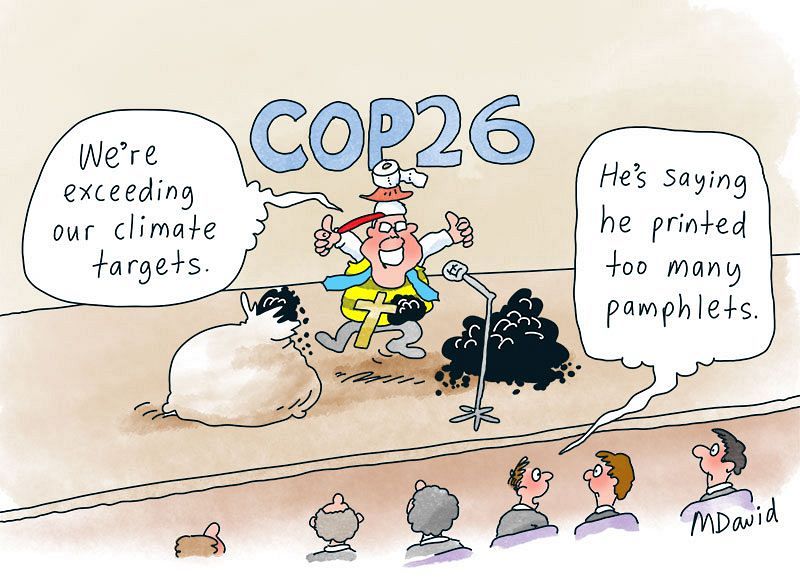
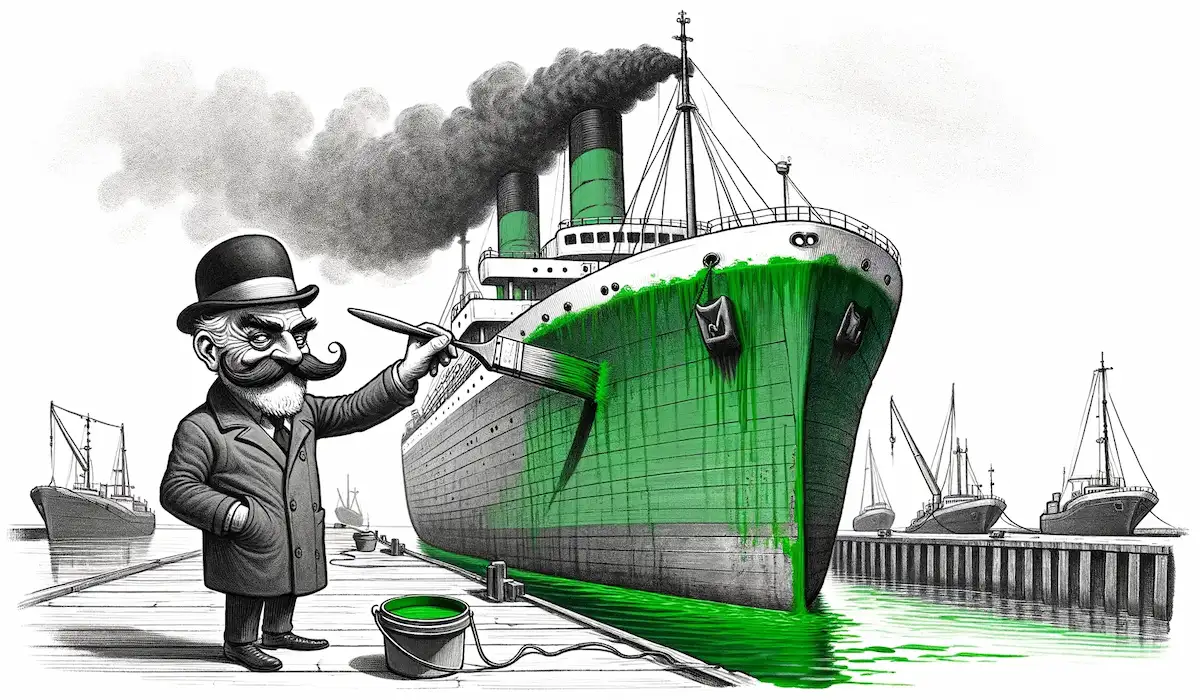
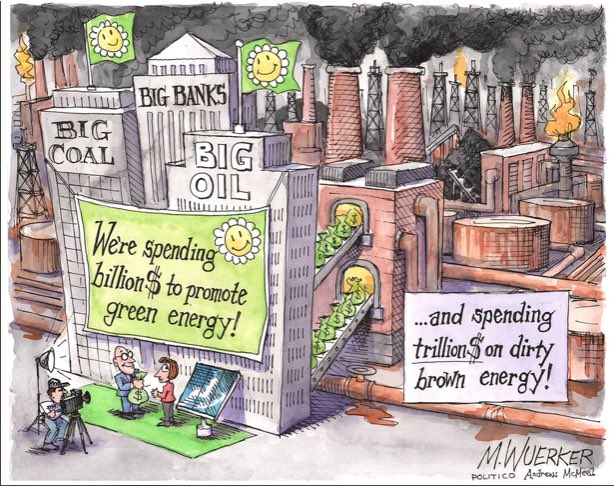
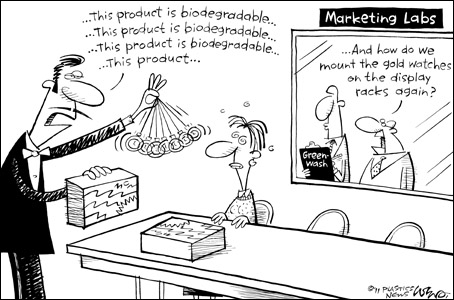
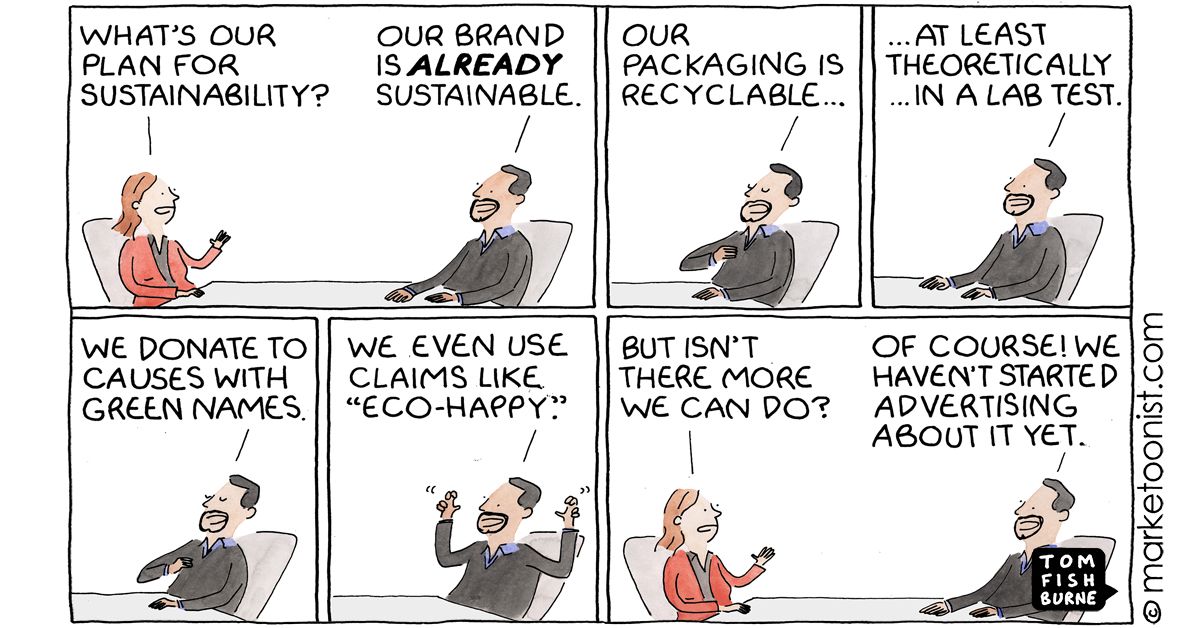
Political Cartoons Representing Greenwashing. Courtesy of Independent Australia, The Liquid Grid, M. Wuerker, Plastics News, and marketoonist.com
Efforts to encourage more sustainable practices included the implementation of a "dolphin safe" label system.
According to the National Oceanic and Atmospheric Administration, the criteria for a tuna brand to obtain the dolphin safe label are as follows:
"In order for tuna to qualify as "dolphin-safe" in the United States, U.S. regulations require a written statement from the captain of the vessel, in most fisheries worldwide, certifying that no purse seine net or other fishing gear was intentionally deployed on or used to encircle dolphins during the fishing trip in which the tuna were caught, and that no dolphins were killed or seriously injured in the sets or other gear deployments in which the tuna were caught. For trips beginning on or after May 21, 2016, captains must also certify completion of the Dolphin-Safe Captain's Training Course."
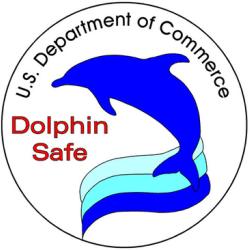
Dolphin Safe Label. Image Courtesy of NOAA


Unregulated Trawling. Images Courtesy of Sea Shepherd Global.
This definition leaves gaps where there should be clarity. Dishonesty is a problem since the fishing industry is remote and extremely difficult to monitor. Additionally, the economic benefits of both receiving and handing out the labels are undeniable:
" ...greenwashing is unfortunately quite common. As the public becomes more environmentally oriented, companies are looking to capitalize on that market share, and the cheapest way to do so is through fraud. It's much cheaper to pretend to be focused on conservation than to actually do something productive for the oceans! Marine systems are more susceptible to this than many terrestrial systems, because they are harder to regulate due to their size, remoteness, and international boundaries."
- Kristy McDowell, PhD, Director of the Environmental Sciences and Sustainability Program at Merrimack College, 2024 (Personal Interview)
“One of the founders of the MSC was the Unilever corporation, who at the time were a major seafood retailer. And despite countless fisheries clearly being depleted and destructive, I could only find a couple that had ever been denied certification in over 20 years. But most shocking of all was learning that over 80% of the almost £30-million-a-year income was from licensing their logo on seafood. Basically, the more blue ticks they handed out, the more money they made. So as far as I was concerned, there was no way I was gonna trust these labels again."
- Ali Tabrizi, Director of Seaspiracy, 2021